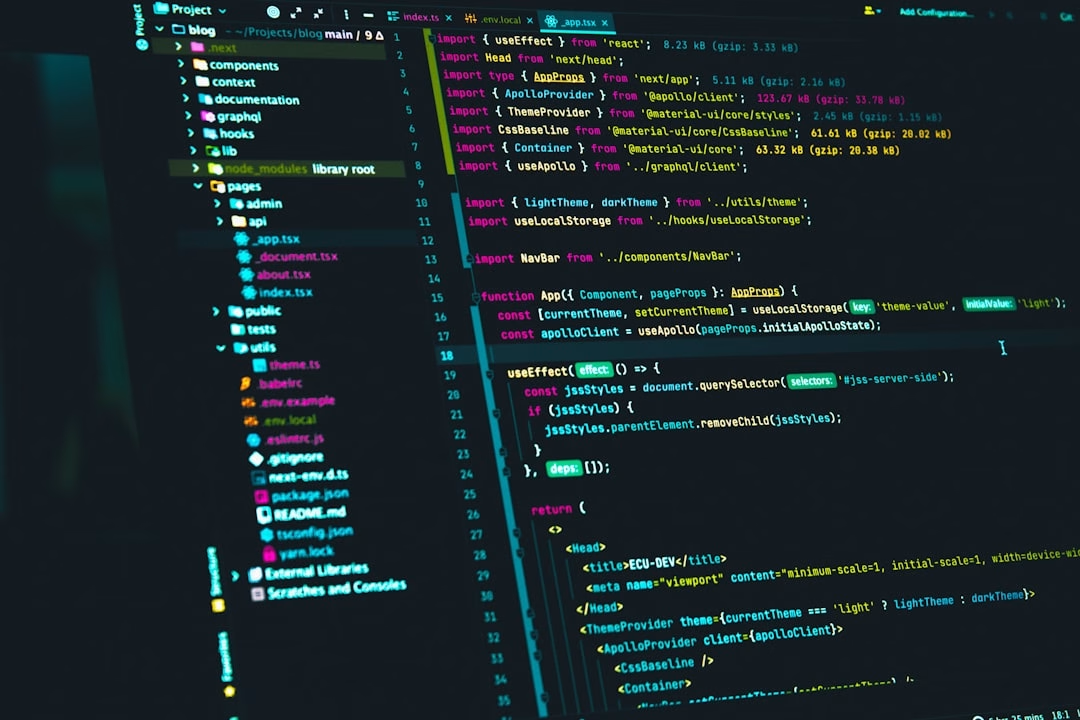The Future of Software Development: A Look at New Methodologies
Introduction
Hey there, fellow code enthusiasts! I’m thrilled you’re here today. We’re going to be talking about something super exciting–the future of software development. Can you imagine what it’s going to look like?
I sometimes find myself daydreaming, sketching ideas on napkins, just like Grace Hopper might have when she invented the first compiler. If, like me, you’re equally intrigued about the course software development will take, buckle up. We’re setting sights on the horizon here!
Changing Methodologies
In recent years, we’ve seen a dramatic shift in methodologies. Remember the days when everybody was using the waterfall model? A linear, sequential approach that seemed to set the standard. But, Phew! It’s as rigid as it can get, isn’t it? Changes mid-way? Nope, not the best model for it.
Until Agile made its way onto the scene. It encouraged flexibility, customer involvement, and most importantly, it embraced change. I remember one of my projects was spiraling out of control until we switched to Agile. Let’s just say it was a lifesaver. But hang on, is Agile going to be the end of the road? I highly doubt it.
- Pair programming – Two heads are better than one, right? This method has been growing popular among software development teams. This can amp up the quality of code and dramatically decrease the chances of mistakes. I was skeptical initially, until I tried pair programming with a colleague on a gnarly piece of Python script. Believe me, it saved us hours!
- DevOps – This is becoming the new norm, especially with the rise of cloud services. It involves the integration of the development and operations teams to achieve continuous delivery and high software quality. It’s like baking a cake together rather than in parts!
- Mob programming – This offshoot of pair programming involves an entire team working on the same thing, at the same time, in the same space. During a recent hackathon, I had the chance to try out mob programming. It felt like group brainstorming, but on steroids, with ideas flowing left and right!
No Crystal Ball, But…
Well, none of us has a crystal ball to predict the future with certainty. But, drawing from the current trends, we can expect some significant shifts. The focus on developing software rapidly without compromising on quality is mounting more than ever. So expect methodologies that foster greater efficiency, collaboration and continuous feedback to thrive.
In my own experience, methodologies embracing AI automation, distributed development and quantum computing, to name a few, are the ones where the software development world is headed. The key is to stay adaptable because change, as they say, is the only constant!
Wrap Up
So, there you have it – a little glimpse into the future of software development methodologies. Whatever the future holds for us, you can bet we’ll adapt and keep moving forward – just like we always have, right from the early days of waterfall to Agile, DevOps, and beyond.
Remember, we’re the architects of the future, guiding the evolution of software development with every line of code we write. So, let’s make it count!






